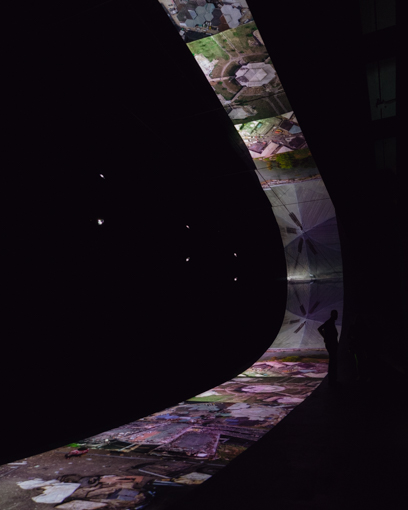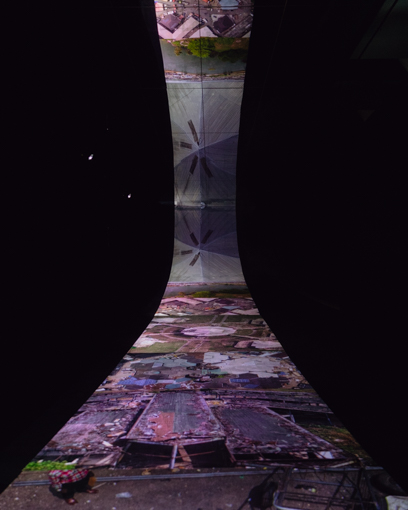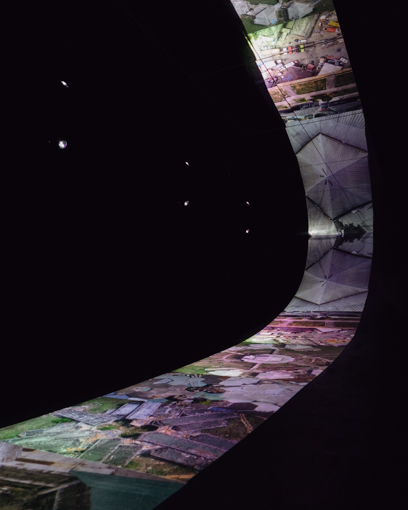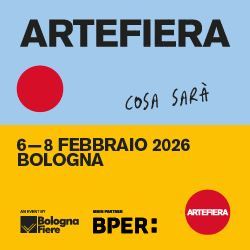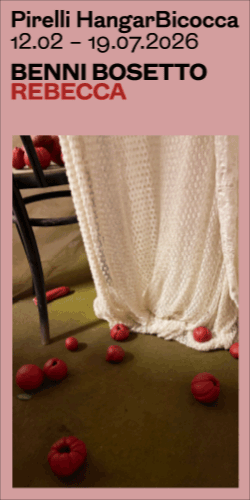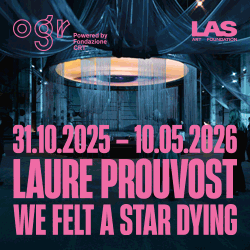
English text below —
Nel settembre del 1961 a Belgrado si tenne il primo vertice ufficiale dei Paesi Non Allineati, guidato da Jugoslavia, India ed Egitto: 25 stati si riunirono dichiarando la loro opposizione a colonialismo, imperialismo e neocolonialismo, con l’obiettivo di creare un movimento che rappresentasse una terza via rispetto al sistema bipolare che vedeva contrapposti Stati Uniti e URSS. La cooperazione tra gli stati membri era una componente fondamentale di questo movimento internazionale, ed è stata un fattore determinante nello sviluppo di giovani stati indipendenti del continente africano negli ultimi decenni del Novecento.
Da qui parte il progetto dei giovani curatori Iva Njunjić e Tihomir Dičić per il padiglione serbo alla 18ª Biennale Internazionale di Architettura di Venezia. Seguendo la proposta curatoriale di Lesley Lokko, l’esposizione, intitolata In Reflections, racconta un’opera architettonica, la Fiera Internazionale del Commercio di Lagos, nata dalla cooperazione tra Jugoslavia e Nigeria nel 1977, come origine di un discorso sull’architettura che parte dal passato per arrivare al presente e guardare al futuro.
Entrando nel padiglione si viene accolti da una ellissi luminosa di immagini in uno spazio quasi totalmente buio, che come una mappa temporale, sintetizza la vita di questa costruzione in un tempo continuativo e ciclico. L’edificio, realizzato da architetti e ingegneri jugoslavi tra il 1974 e il 1977, rientrava in un piano di modernizzazione più ampio, che al tempo prevedeva anche la costruzione di altri punti centrali per la promozione delle relazioni internazionali, come aeroporti, alberghi e centri congressi.
Uscire da un passato di colonizzazione per dare vita a un futuro in cui il popolo nigeriano potesse essere protagonista, era la premessa dell’intero progetto. Il lavoro di Iva Njunjić e Tihomir Dičić guarda al presente di quella costruzione, che oggi è circondata da nuovi edifici e che non ha perso di vitalità pur non svolgendo più la sua funzione originaria.
Le strutture come risorse, il già costruito come valore: la Fiera Internazionale del Commercio è presentata sotto diversi aspetti, come progetto di città, come progetto architettonico in quanto tale e come progetto in relazione all’individuo che ne usufruisce e alla comunità da cui è abitato. La ricerca dei due curatori si espande nel territorio della comprensione dei legami passati, presenti e futuri di un’architettura creata attraverso la politica di non allineamento globale sul continente africano.

In Reflections, the Serbia Pavilion at the 18th Venice Architecture Biennale.
In September 1961, the first official summit of the Non-Aligned Countries was held in Belgrade, led by Yugoslavia, India and Egypt: 25 states came together declaring their opposition to colonialism, imperialism and neo-colonialism, with the aim of creating a movement that would represent a third way out of the bipolar system pitted against the United States and the USSR.
Cooperation among member states was a key component of this international movement, and was a determining factor in the development of young independent states on the African continent in the last decades of the twentieth century.
This is the starting point for the project of young curators Iva Njunjić and Tihomir Dičić for the Serbian pavilion at the 18th International Architecture Biennale in Venice. Following Lesley Lokko’s curatorial proposal, the exhibition, titled In Reflections, tells the story of an architectural work, the Lagos International Trade Fair, born out of cooperation between Yugoslavia and Nigeria in 1977, as the origin of a discourse on architecture that starts from the past, reaches the present and looks to the future.
Upon entering the pavilion, one is greeted by a luminous ellipse of images in an almost totally dark space, which, like a time map, summarizes the life of this building in a continuous and cyclical time.
The building, constructed by Yugoslav architects and engineers between 1974 and 1977, was part of a larger modernization plan, which at the time also included the construction of other central points for the promotion of international relations, such as airports, hotels and convention centers.
Coming out of a past of colonization to create a future in which the Nigerian people could be protagonists was the premise of the whole project. The work of Iva Njunjić and Tihomir Dičić looks at the present of that building, which today is surrounded by new buildings and has not lost its vitality even though it no longer fulfills its original function.
Structures as resources, what is already built as value: the International Trade Fair is presented from different aspects, as a city project, as an architectural project as such, and as a project in relation to the individual who uses it and the community by which it is inhabited. The two curators’ research expands into the territory of understanding the past, present and future connections of an architecture created through the politics of global nonalignment on the African continent.

